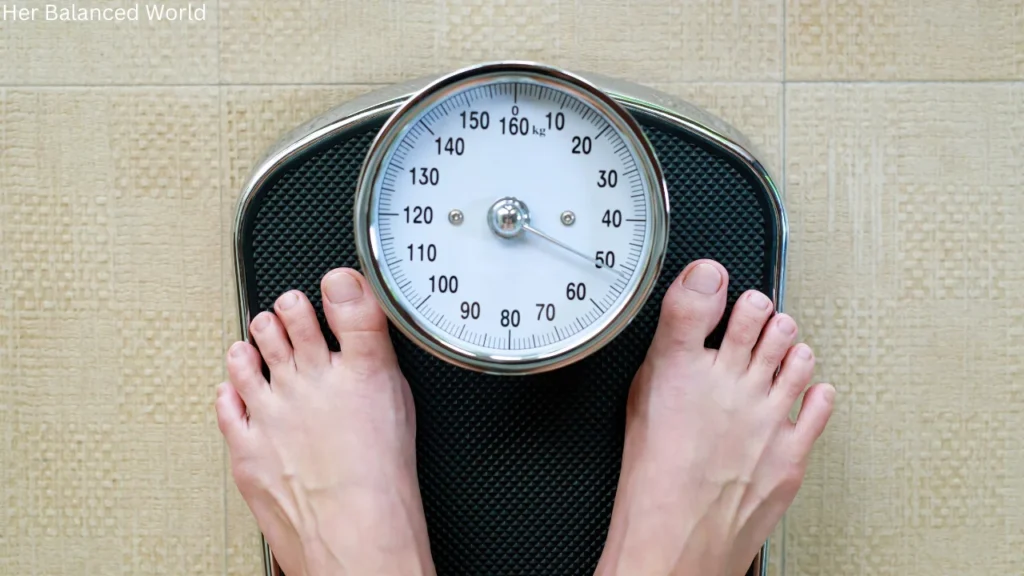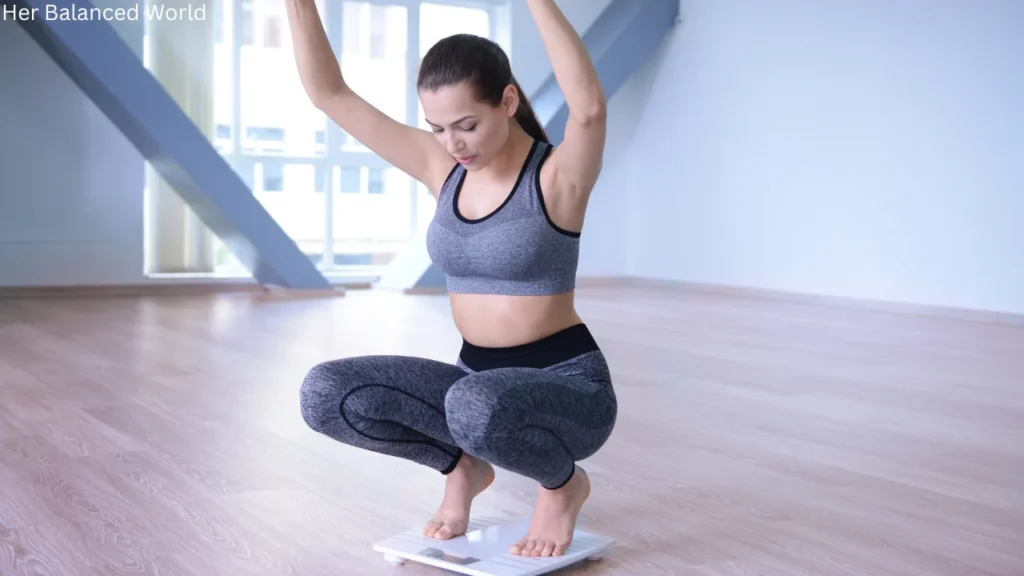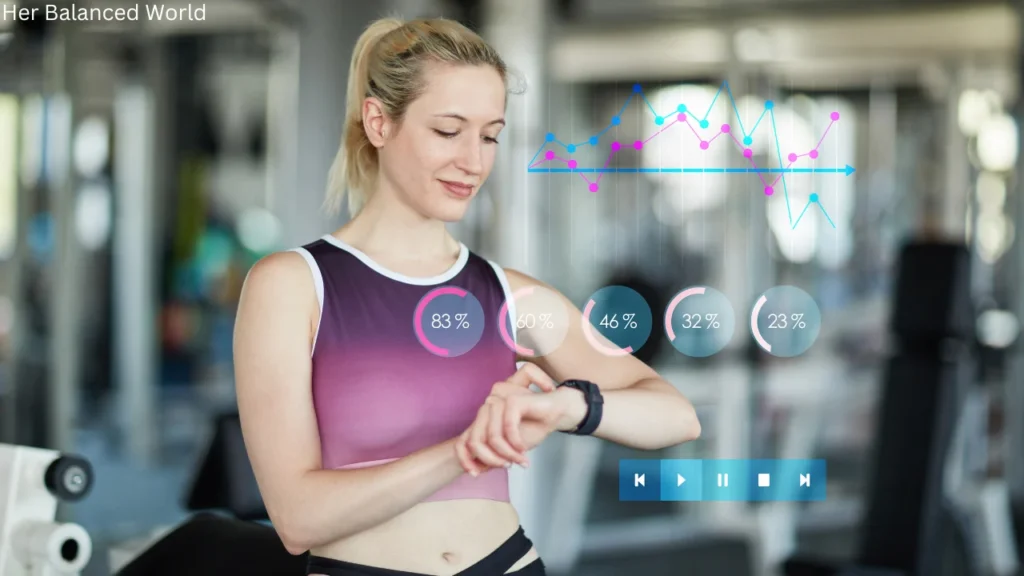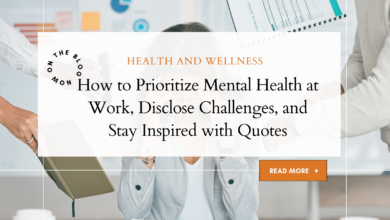Where to Weigh Yourself: The NHS Annual Weigh-Ins—Should You Do It Too?

Introduction
Where to weigh yourself regularly: Is it a smart health move or just another stressor? The UK’s National Health Service (NHS) has announced a new initiative recommending annual weigh-ins for millions of adults in an effort to tackle rising obesity rates. But as a traveling parent juggling kids, snacks, and sanity, I can’t help but wonder—where to weigh yourself and how often should you weigh yourself? Does a scale really tell us what we need to know about our health, or does it just add stress?
For moms, especially those of us constantly on the move, weight tracking can feel like just another thing to add to an already overwhelming list. So let’s break this down: Does stepping on the scale once a year actually help? What does science say? And is there a better way to track our health—especially for those of us who don’t live near a bathroom scale?
What’s This New Weigh-In Initiative About?
In an effort to combat obesity and improve long-term health outcomes, the NHS has proposed annual weigh-ins at doctor visits, pharmacies, and clinics. The idea is to catch weight-related health risks early and refer people to nutrition or fitness programs if necessary.
On paper, this sounds great. After all, early intervention helps prevent chronic diseases like diabetes and heart disease. But here’s the real question: When is it best to weigh yourself? Does tracking weight once a year actually make a difference?

The Science Behind Weight Tracking: Helpful or Harmful?
Let’s get nerdy for a second. Research shows daily or weekly weigh-ins can be an effective tool for weight management if done in a healthy, non-obsessive way (Harvard Health, 2025). People who weigh themselves regularly tend to be more aware of lifestyle habits and make adjustments accordingly. But what about once a year?
🤔 The problem with annual weigh-ins:
- Weight naturally fluctuates throughout the year (hello, holiday season 🥐). A once-a-year weigh-in may not be an accurate reflection of overall health.
- It focuses on weight, not overall well-being—muscle mass, hydration levels, and metabolic health matter just as much.
- For some people, scale anxiety is real. If stepping on a scale makes you feel bad, it may not be the best measurement tool.
On the flip side, regular self-weighing is linked to better long-term weight control—but only if it’s paired with healthy habits, not self-criticism (PubMed, 2025).

How This Affects Traveling Families
Here’s the thing: Traveling changes everything about weight management.
👜 No Scale, No Problem: If you’re living the RV life (like me!) or bouncing between hotels, chances are you don’t even have a scale. So does that mean you’re suddenly “less healthy” because you don’t track weight?
🍕 Food on the Road: Between sampling local foods, eating on the go, and balancing toddler-approved meals, the scale isn’t always a fair reflection of how healthy your choices are.
🏞 Activity Over Aesthetics: I may not be tracking my weight, but you bet I’m tracking how many miles I’ve walked through a theme park with a stroller that mysteriously gains weight every hour. Health is about stamina, not just pounds.

Best Health Tracking Methods (Without Obsessing Over the Scale)
If stepping on the scale sounds about as appealing as stepping on a rogue LEGO, here are some better ways to measure health:
✅ Energy Levels: Are you keeping up with your kids, or do you feel exhausted by noon?
✅ Fitness Tracking: How many steps are you getting per day? Are you staying active?
✅ How Your Clothes Fit: Are your jeans comfortable, or is your go-to outfit now just “leggings forever”?
✅ Muscle & Strength Gains: Can you carry both a toddler and a suitcase at the same time? Congrats, you’re strong!
✅ Heart & Metabolic Health: Keep an eye on resting heart rate and hydration levels.
📌 Tech That Helps Without Scale Obsession:
- Smart Fitness Trackers: Garmin Venu 2S – Tracks movement, heart rate, and stress levels.
- Body Composition Scales: FitTrack Dara BMI Smart Scale – Measures more than just weight.
- Meal Planning Help: Healthy Road Trip Snacks Guide – Keeps you on track while traveling.

Where to Weigh Yourself and When: Best Times for Accurate Results
When considering where to weigh yourself, it’s essential to find a reliable location, whether at home, your doctor’s office, or a local pharmacy. Where can you weigh yourself? In addition to the convenience of using your personal scale, you may have access to scales at wellness centers, gyms, and clinics.
Best Time to Weigh Yourself: When Is It Ideal?
The best time to weigh yourself is typically in the morning after you’ve gone to the bathroom and before eating or drinking. This ensures the most accurate reading without external factors like food or water intake altering your weight.
So, when should you weigh yourself? For consistency, weigh yourself at the same time each day, ideally during the morning. This eliminates daily fluctuations caused by different times of the day.
Should YOU Start an Annual Weigh-In?
Let’s be real—this depends on your relationship with the scale. If weight tracking helps you stay mindful of your health, go for it! If it triggers stress or negative feelings, ditch it and find other ways to track progress.
🤷♀️ Who Benefits From Weighing In?
✔️ Those actively managing weight for health reasons
✔️ People who can look at a scale number objectively and not emotionally
✔️ Anyone using weight as just one of many health indicators
⚠️ Who Might Want to Skip It?
❌ People with a history of disordered eating or body image struggles
❌ Moms who already know their weight fluctuates and don’t need a reminder (leggings don’t lie)
❌ Anyone who finds the scale mentally exhausting rather than helpful

Final Thoughts: Health Is More Than Just a Number
At the end of the day, health is about how you feel, not just what a scale says. If annual weigh-ins work for you, great! If not, there are plenty of other ways to track wellness that don’t involve standing on a piece of glass hoping for a number that doesn’t ruin your mood.
For us busy, traveling moms, the best measurement of health is whether we have the energy to keep up with our families, enjoy new experiences, and feel good in our own skin—not whether the scale gives us an arbitrary “pass” or “fail.”
🚀 Now tell me—do you weigh yourself regularly, or do you measure health in other ways? Drop a comment below, and let’s chat!
FAQs About Weighing Yourself
Q1: What is the best time to weigh yourself?
The best time to weigh yourself is in the morning, after going to the bathroom, and before eating or drinking. This ensures a more accurate and consistent reading.
Q2: How often should you weigh yourself for weight loss?
While daily weigh-ins can be effective for some people, the key is consistency. Whether you choose daily or weekly weigh-ins, make sure to track at the same time every day for the most reliable results.
Q3: Where can you weigh yourself if you don’t have a scale at home?
You can weigh yourself at your doctor’s office, local pharmacy, or wellness centers. Some gyms and even certain wellness apps offer body composition tracking features as alternatives.
Q4: Is it okay to avoid weighing yourself?
Yes! If stepping on the scale brings stress or anxiety, it’s perfectly fine to skip weigh-ins. There are other ways to track your health, such as fitness tracking, how clothes fit, or monitoring energy levels.
Q5: Can I track my health without focusing on weight?
Absolutely! Instead of focusing on weight alone, consider tracking muscle gains, energy levels, physical stamina, or overall heart and metabolic health. These are great indicators of well-being and don’t involve the scale.




